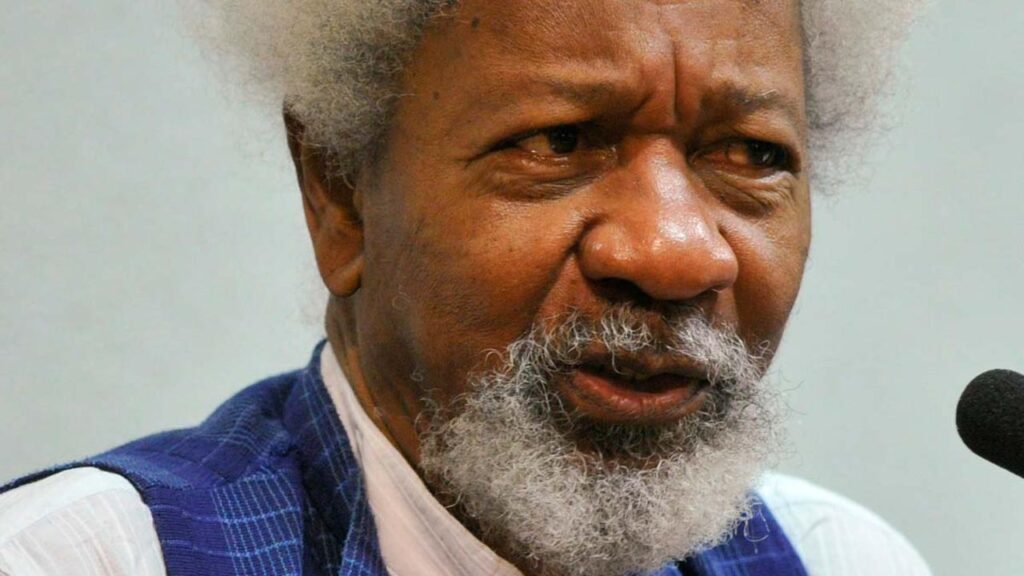
As 3.5 individuals lose homes
United Nations migration agency, the International Organization for Migration, (IOM), has said that it is working towards building permanent shelters for those affected by humanitarian crisis in northeast Nigeria as a transition from temporary to durable self sustaining homes.
Chief of Mission, IOM Nigeria, Laurent de Boeck made this known at a media briefing ahead of the launch of the durable solutions housing project design competition, tagged ‘Home After Crisis’, yesterday in Abuja.
He said “Since 2015, the North-East of Nigeria has faced escalating violence leading to an unprecedented housing emergency.
“As of 2023, an estimated 3.5 million has lost their homes or lived in precarious conditions.
“Nigeria currently experiences an acute housing deficit estimated at around 23 million, requiring the construction of one million housing units annually for the next 20 years
According to him, the IOM has designed a plan to come to the aid of those affected by this humanitarian crisis through the ‘home after crisis’ funded by the Nigerian Humanitarian Fund, (NHF), competition which brings together 1, 600 designers architects and engineers across 100 countries.
“Those architects have developed 250 design proposals for low-cost and innovative housing.The housing competition targets the housing challenges linked to Nigeria’s rapidly growing population
“The aim is to provide access to affordable housing built with the goal of delivery climate proof housing with local materials. The housing competition paves way to engage the world in addressing these challenges,” he said.
De Boeck adds that the programme hopes to change mindsets and the way humanitarian intervention is perceived as it transitions to durable solutions, a gradual shift from the norm.
“We will be doing this in silos. This is a gradual shift from the norm, it looks at how we can move from dependency on humanitarian intervention intervention to sustainability.,” He said.
The project coordinator and International Consultant, IOM, Nicola D’addabro, notes that the project is a process that will take some years to complete.
He said the project also looks at the globally evolving solutions and how to enable the people own the project by being engaged in the process.
Also speaking, IOM Project Manager, Shelter, Davies Okoko, said “9, 000 people have transition from our camps and camp-like: settings and have settled into homes.
“Their needs are more focused now on heath and education. We have taken care of their immediate needs of housing and we are also providing livelihood. So housing, water and sanitary facilities are provided.













